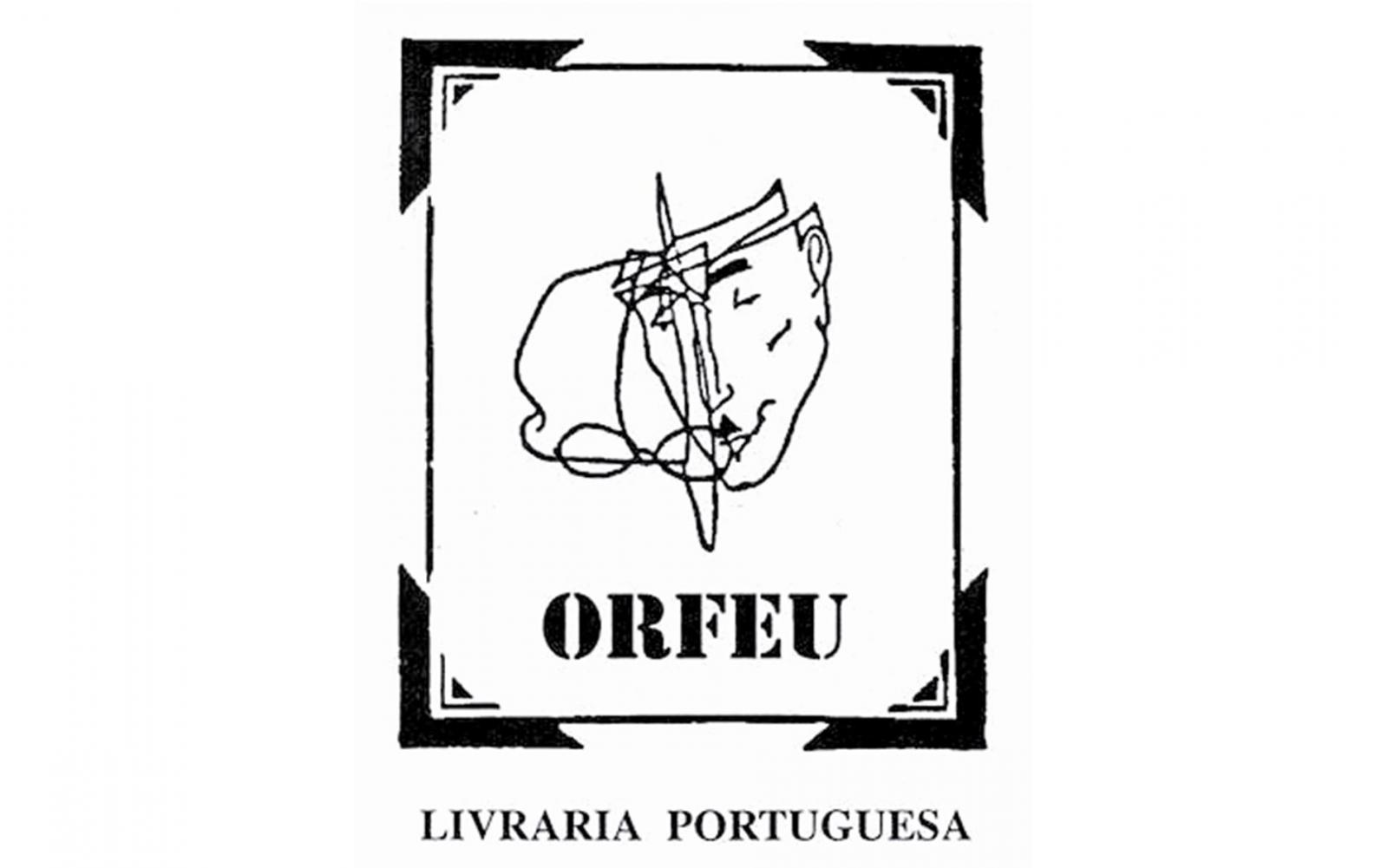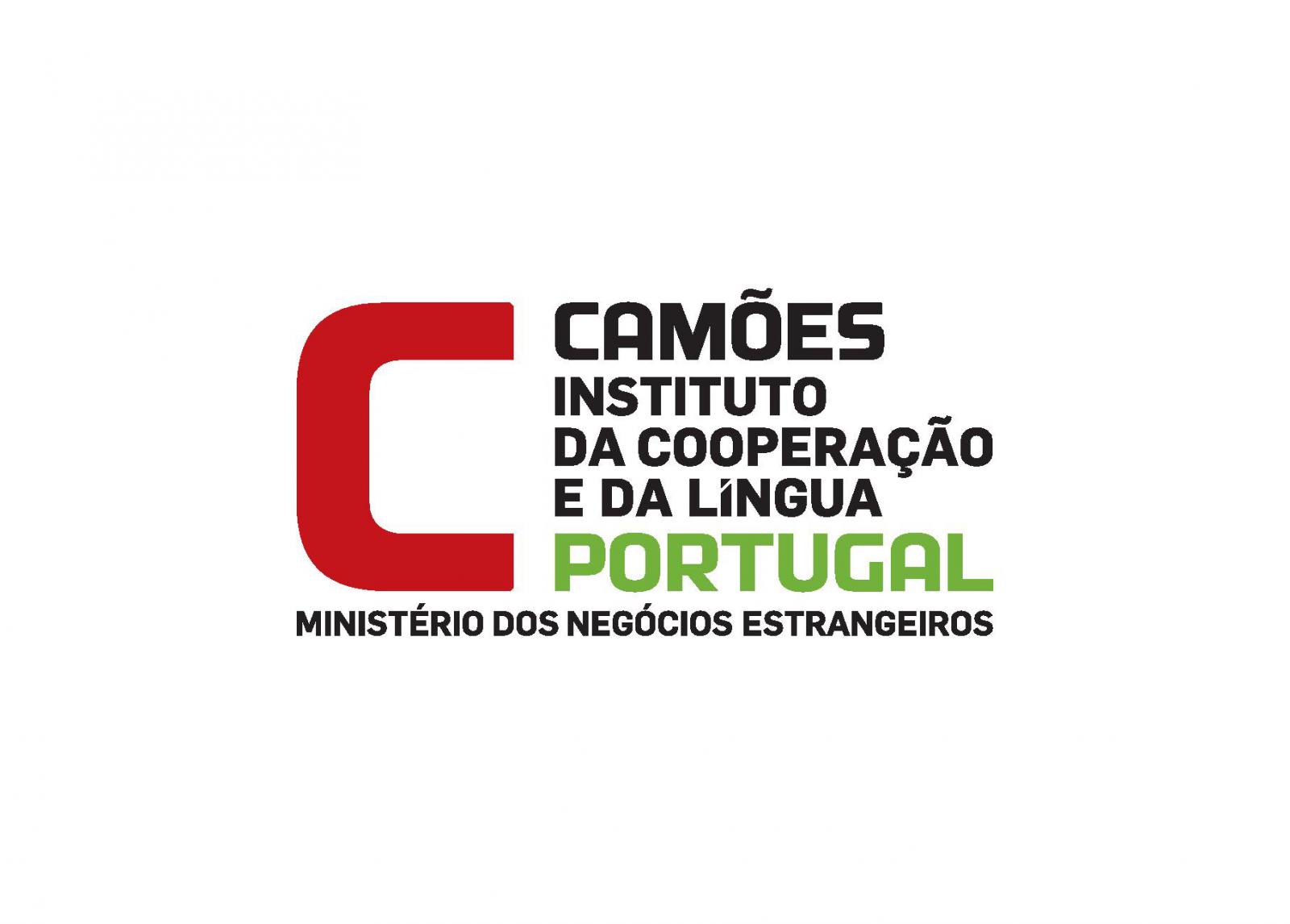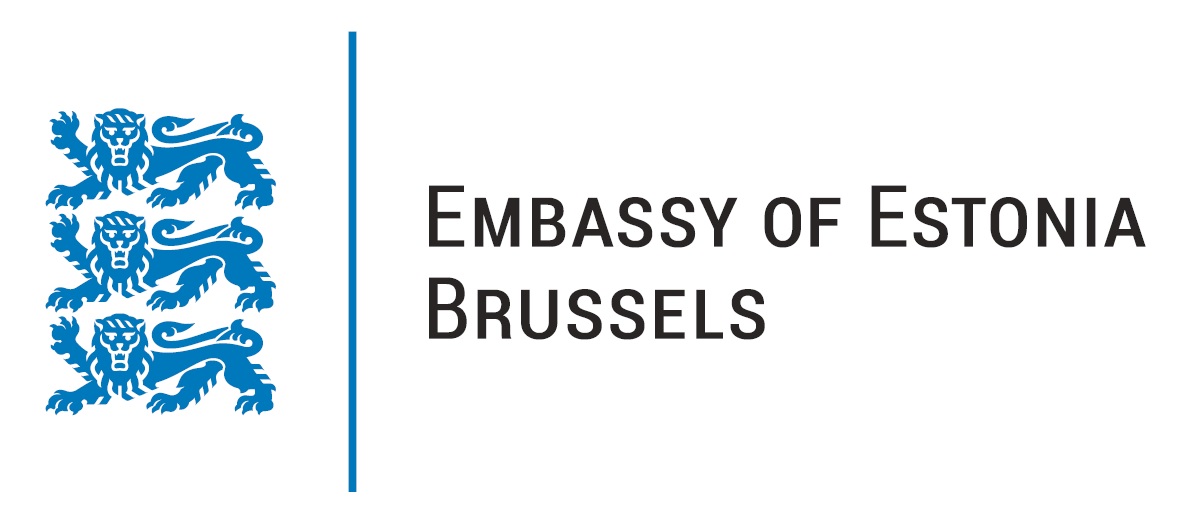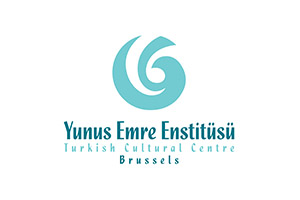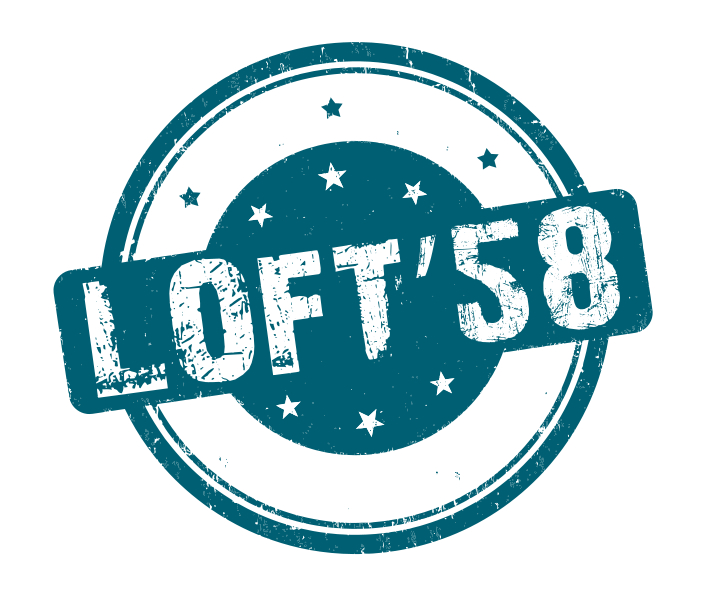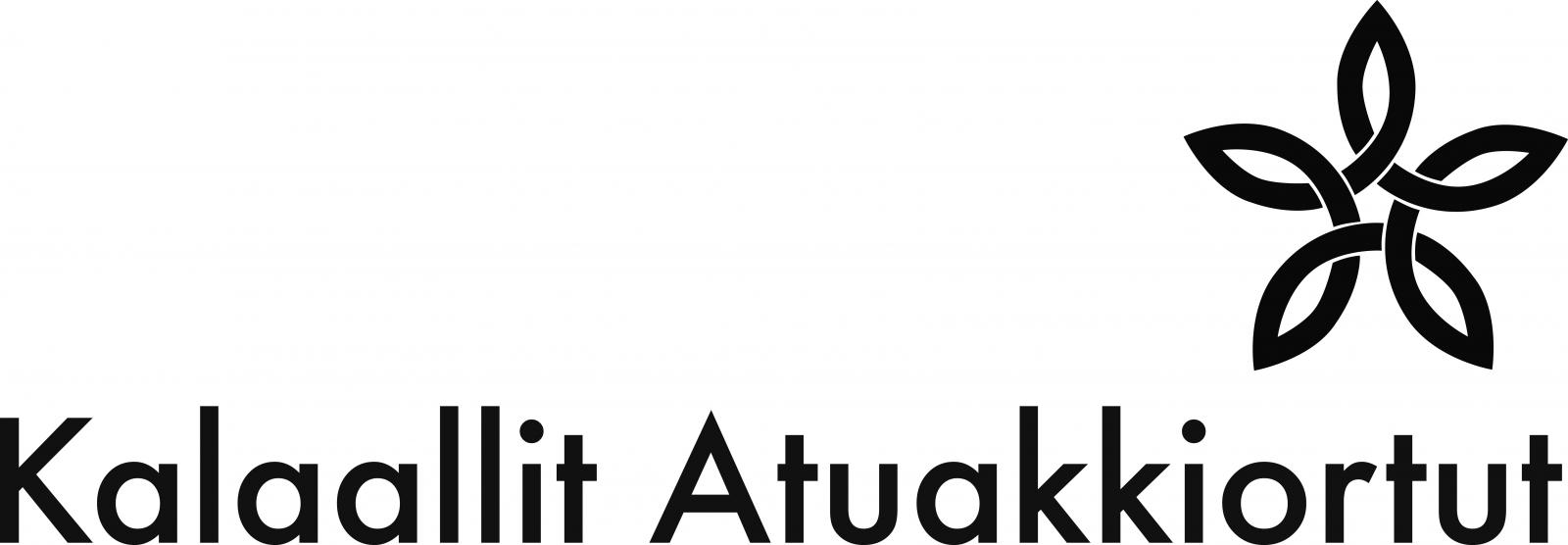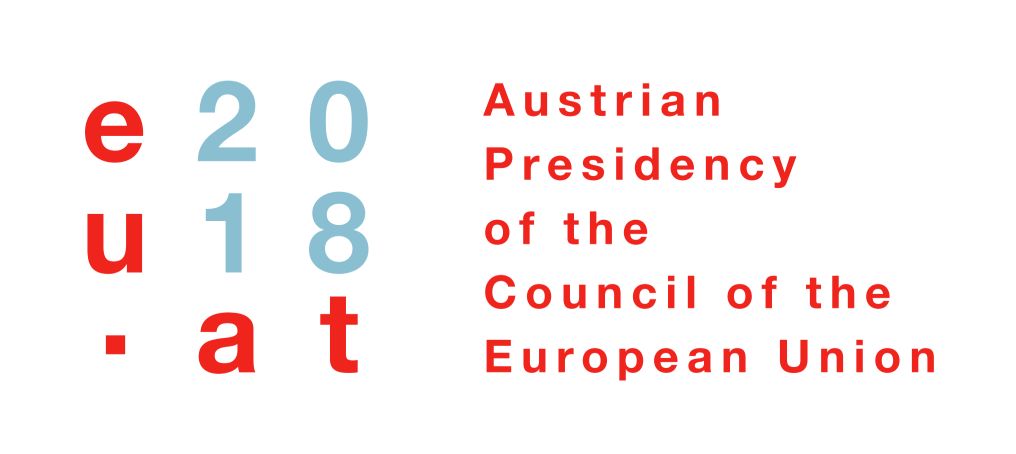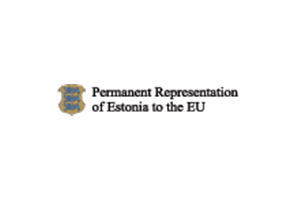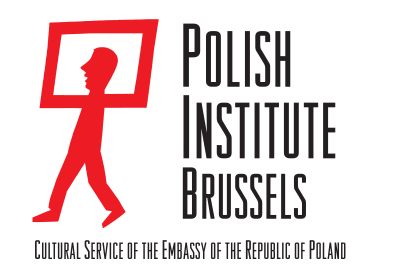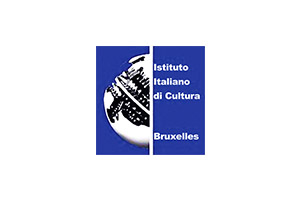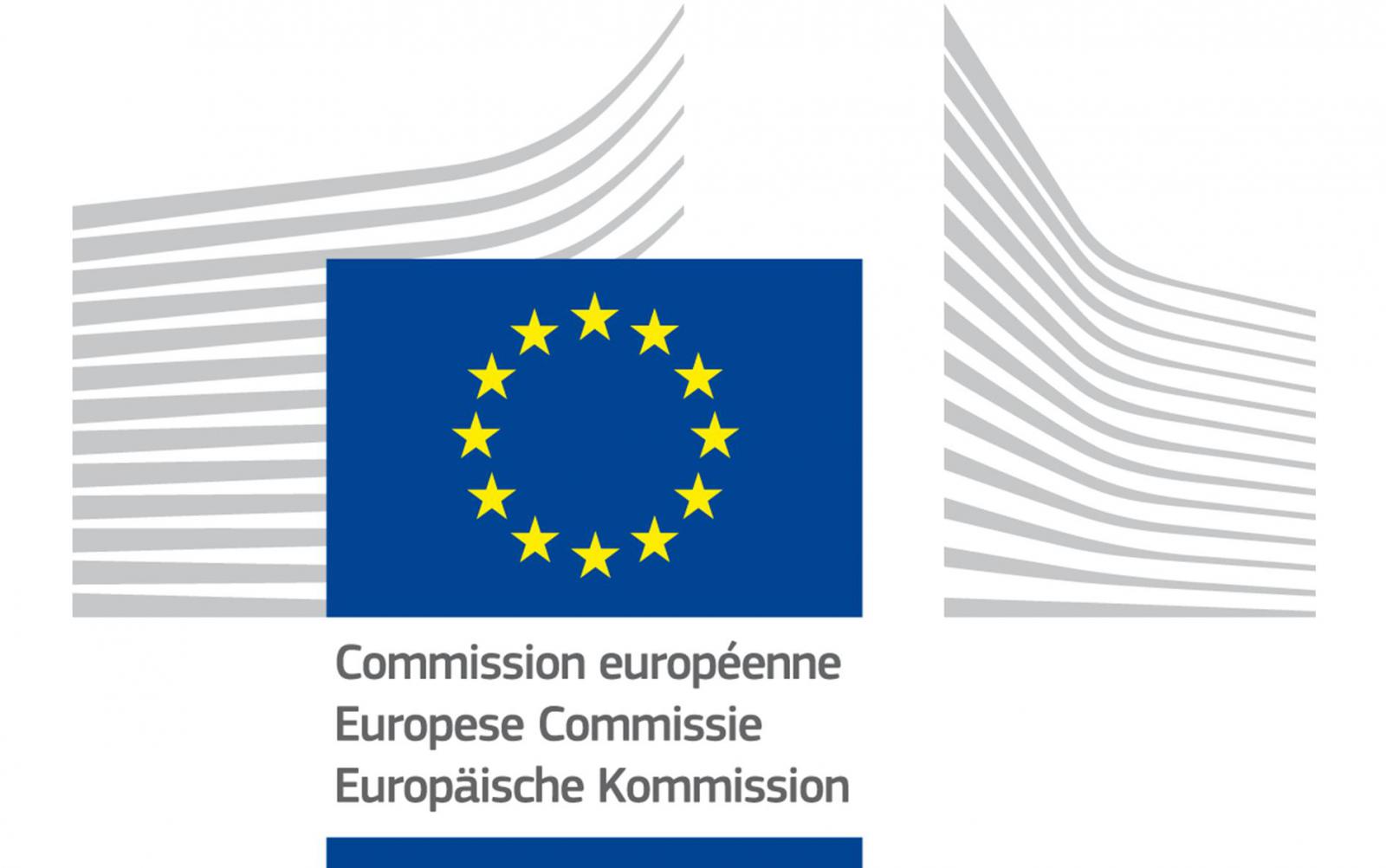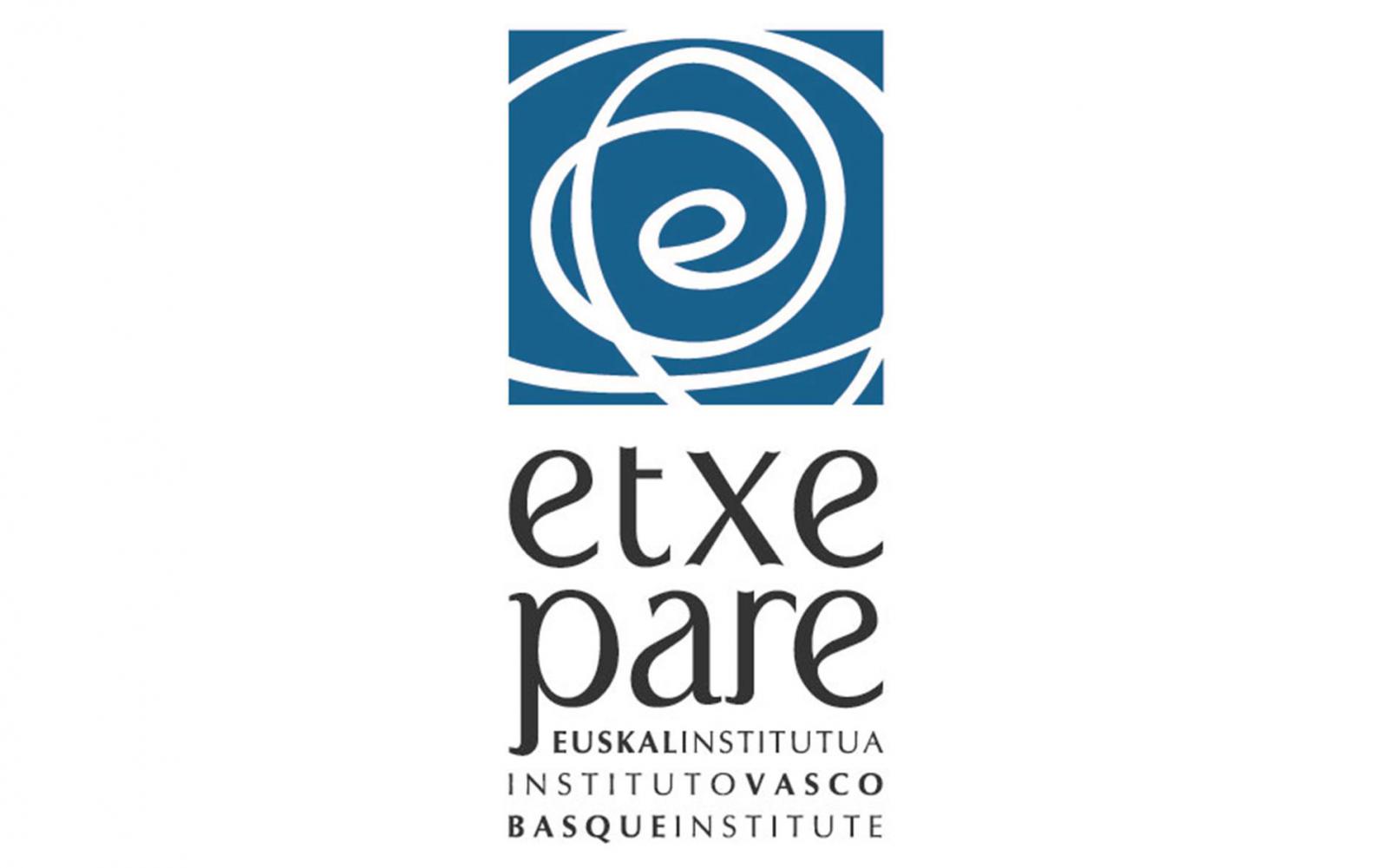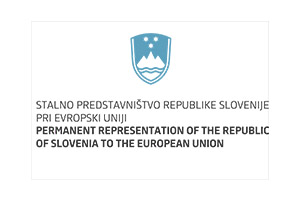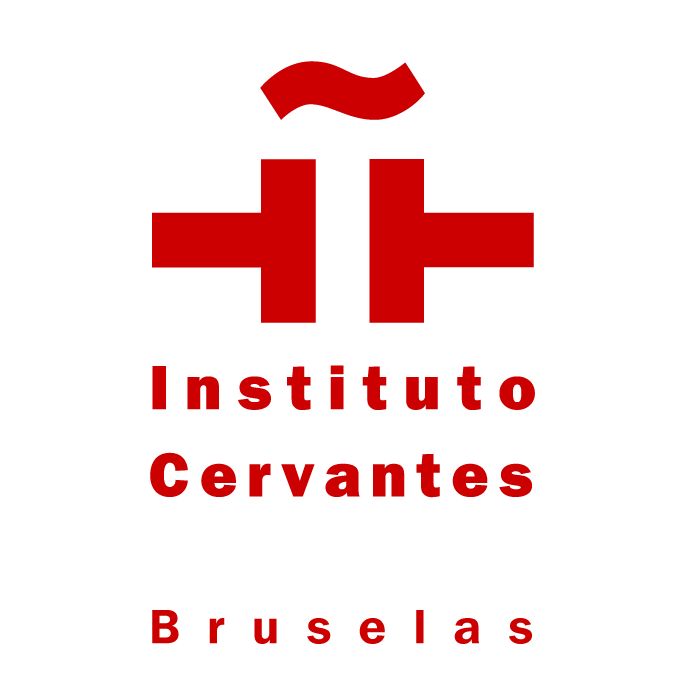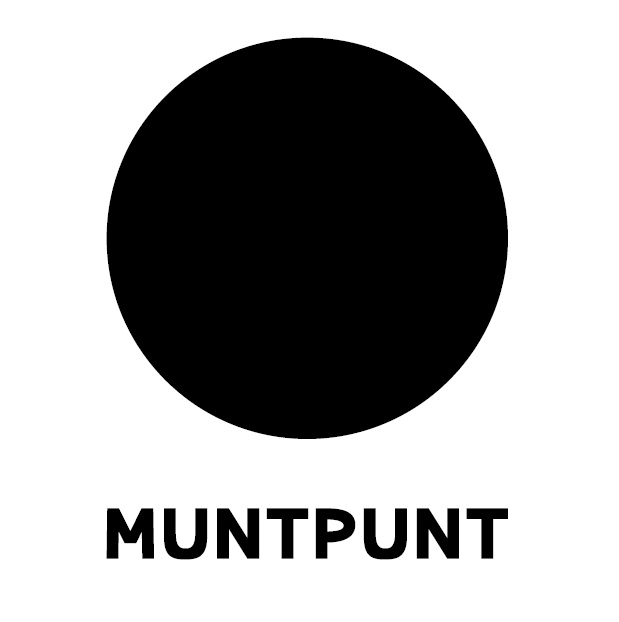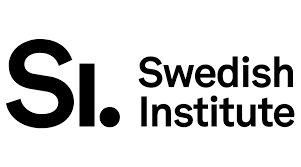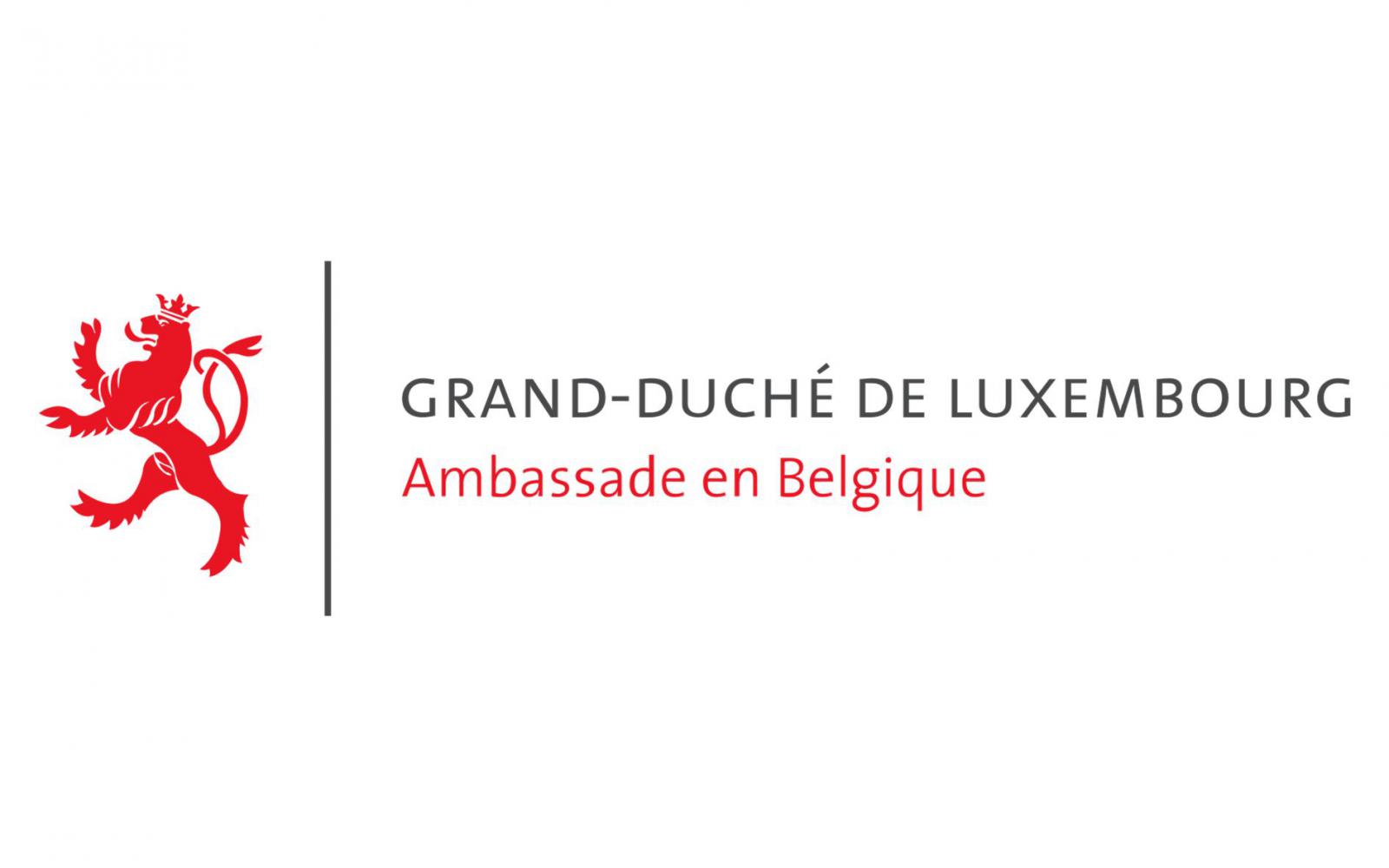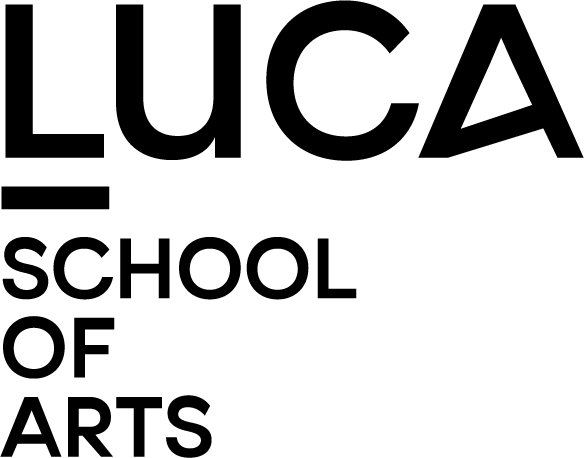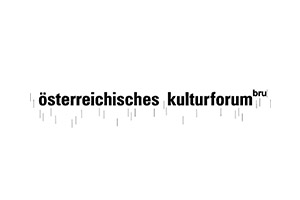Find a poem
Latest updates
-
TRANSPOESIE 2025
09/24/2025 -
Transpoesie 2025 - Programme
09/24/2025 -
Transpoesie 2025 - Open Call
04/16/2025
Сириско утро
Сириско утро
Во 7 и 40 часот
чистачот со метла ги поминува
решетките на оградата
пред сириската амбасада.
Паѓаат ноќните пеперутки
низ ситото на јавето,
мушичките се одлепуваат нагло
истргнати од своето јаство.
Чистачот ја водени метлата во сина кофа
и држејќи ја со двете раце
ги брише решетките една по една.
Се ронат и последните комарци.
Само капките размачкана крв
никако да се измијат,
длабоко навлегле под кожата на железото
и молкома трпнат.
Чистачот со нокти струга дамка по дамка.
Но крвта на Сирија се засирила,
секоја нова капка тече навнатре, не надвор од раната.
Како може во 8 часот да е сѐ уште ноќ,
си вели чистачот,
ја подистура кофата во канализацијата
и со метлата што му капе врз рамето
трга кон задниот дел на амбасадата.
А таму – недоброј буба-мари, големи, средни и мали,
го прекриле плочникот, додека од горниот прозорец
едно дете придушено им вика: „Летајте, бегајте оттука!“
Буба-марите божем во бунило
не знаат дека иронијата може секогаш да биде
поголема од животот,
и дека нив, бегалци од Сирија,
криумчарот ги исфрлил од камионот
токму зад сириската амбасада,
како во мртва природа стојат затечени
пред чистачот кој знае дека светот ќе ги згази
дури и кога тој сите би ги спасил.
А сепак, ги турка со метлата удолу, кон пругата,
преку уште една граница.
Се ретчи животот, се збива смртта.
Во овој кварт, си вели, никогаш нема да се раздени.
Од историјата со внатрешно крвавење
секогаш се излегува со помодрени раце
и колку и да се тресе метлата зад себе
потешка е и од иднината на новородено бебе.
Syrian Morning
At 7.40 am
the cleaner passes a broom
over the fence bars
in front of the Syrian Embassy.
The moths fall
through the sieve of the waking world,
the gnats come unstuck with a jerk,
whisked away from their being.
The cleaner dips the broom into the blue bucket
and, holding it with two hands,
sweeps the bars one by one.
The last mosquitoes also crumble.
Only the drops of smeared blood
won’t wash out,
having penetrated deep under the skin of the iron
where they silently shiver.
The cleaner scratches spot after spot with his nails.
But the blood of Syria has clotted,
every new drop flows inwards, not out of the wound.
“How can it still be night at 8.00 am?”
the cleaner wonders,
emptying the bucket into the drain
and, with the broom dripping onto his shoulder,
setting off round the back of the Embassy.
And there – a myriad of ladybirds, big, medium and small,
cover the terrace, while a boy at the window above
calls to them in a muffled voice: “Fly away, get out of here!”
As if in a stupor the ladybirds don’t know
that irony can always be
larger than life,
and that they, refugees from Syria,
have been thrown by the smuggler out of the truck
right behind the Syrian Embassy.
They stand bewildered like a still life
in front of the cleaner, who knows the world would squash them
even if he managed to save the lot of them.
Nevertheless, he pushes them with his broom down towards the railway tracks,
across yet another border.
Life thins, death thickens.
“In this neighbourhood dawn will never come,” he says to himself.
We always come out of history with its inner bleeding our hands
and no matter how much we shake the broom behind us
it’s still weightier than even the future of a newborn baby.
Translation: Ljubica Arsovska
Language editor: Patricia Marsh-Stefanovska
Un matin syrien
A 7h 40
le balayeur passe le balai
sur la grille de la clôture
devant l’ambassade syrienne.
Tombent les papillons de nuit
à travers le tamis de la réalité,
les moucherons se décollent brusquement
arrachés de leur propre être.
Le balayeur mouille son balai dans un seau bleu
et le tenant entre ses mains
ll essuie les barres une par une.
S’égrainent les derniers moustiques.
Seules les gouttes de sang délayé
ne veulent pas partir,
enfoncées profondément dans la peau du fer
trépignent en silence.
Le balayeur gratte avec ses ongles chaque tache.
Mais le sang de la Syrie a coagulé,
chaque nouvelle goutte coule à l’intérieur, pas hors de la blessure.
Comment est-il possible qu’il fasse nuit à 8 heures
se dit le balayeur,
il vide un peu le seau dans la canalisation
et avec son balai qui goutte sur son épaule
se dirige vers l’arrière de l’ambassade.
Et là-bas - d’innombrables coccinelles, grandes, petites et moyennes,
recouvrent les dalles, alors qu’un enfant depuis la fenêtre du haut
leur crie d’une voix étouffée : Envolez-vous, fuyez d’ici !
Les coccinelles étourdies
ignorent que l’ironie peut toujours être
plus grande que la vie,
et que ces exilés de Syrie,
ont été débarqués d’un camion par un passeur
justement derrière l’ambassade syrienne,
comme dans une nature morte
ils restent devant le balayeur qui sait que le monde les écrasera
même s’il faisait tout pour les sauver.
Mais il les pousse avec son balai en bas vers les rails,
vers une frontière de plus.
La vie se raréfie, la mort s’épaissit.
Dans ce quartier, se dit-il, le jour ne se lèvera plus jamais.
D’une hémorragie interne
on sort toujours avec des mains bleuies
et on a beau secouer le balai derrière soi
il reste plus lourd que même l’avenir d’un nouveau-né.
Traduction : Maria Béjanovska
Syrische ochtend
Om 7.40 uur
gaat de schoonmaker met zijn mop
langs de tralies van het hek
voor de Syrische ambassade.
Nachtvlinders vallen
door de zeef van het wakend bestaan,
vliegjes raken ineens
losgerukt van hun identiteit.
De schoonmaker duwt zijn mop in een blauwe emmer,
houdt hem met beide handen vast
en reinigt de tralies, een voor een.
Ook de laatste mugjes verdwijnen.
Alleen de uitgesmeerde bloeddruppels,
diep weggekropen onder de huid van het ijzer,
laten zich niet wegwassen
en huiveren in stilte.
De schoonmaker probeert ze een voor een weg te krabben,
Maar het bloed van Syrië is gestold,
elke nieuwe druppel dringt steeds dieper de wond in, en komt niet naar buiten.
Hoe kan het om 8.00 uur nog steeds nacht zijn,
vraagt de schoonmaker zich af,
hij leegt de emmer in een rioolputje
en met de mop druppelend over zijn schouder
loopt hij naar de achterkant van de ambassade.
En daar: ontelbare lieveheersbeestjes, groot, middel en klein,
die het trottoir bedekken, totdat uit het bovenraam
een kind zachtjes naar ze roept: ‘Stijg op, vlucht weg van hier!’
De lieveheersbeestjes, als in een koortsdroom levend,
weten niet dat ironie steeds weer
groter kan blijken dan het leven,
en dat zij, vluchtelingen uit Syrië,
door hun smokkelaar uit de vrachtwagen zijn gedumpt
op een plek net achter de Syrische ambassade,
en als in een stilleven staan ze verrast
voor de schoonmaker die weet dat men ze zal vertrappen,
ook al zou hij ze allemaal kunnen redden.
Maar toch veegt hij ze met zijn mop weg, tot over de stoeprand,
en daarmee nog een grens over.
Het leven dunt uit, de dood verdicht zich.
In deze buurt, denkt hij, zal het nooit dag worden.
Uit een geschiedenis met een inwendige bloeding
komt je altijd met blauwe handen tevoorschijn.
en hoe hij de mop achter zich ook uitschudt,
hij is zwaarder dan de toekomst van een pasgeboren baby.
Vertaling: Roel Schuyt
Sirsko jutro
Ob 7.40 uri
čistilec z metlo briše
rešetke na ograji
pred sirskim veleposlaništvom.
Skozi sito resničnosti
padajo nočne vešče,
mušice se, iztrgane iz svojega sebstva
hitro odlepijo.
Čistilec namaka svojo metlo v modrem vedru
in, držeč jo z obema rokama,
pomiva rešetke eno za drugo.
Drobijo se tudi zadnji komarji.
Samo kapljic razmazane krvi
se nikakor ne da sprati.
Globoko so se zarile pod kožo železa
in molče drgetajo.
Čistilec z nohti strga madež za madežem.
Toda kri Sirije se je sesirila,
vsaka nova kapljica teče navznoter, ne iz rane.
Kako je lahko ob 8. uri še vedno noč,
si reče čistilec,
izprazni vedro v kanalizacijski jašek
in se z metlo na ramenih, od katere se cedi,
odpravi za poslopje veleposlaništva.
Tam pa – nešteto pikapolonic, velikih, srednje velikih in majhnih,
ki so prekrile pločnik, medtem ko jim z zgornjega okna nek otrok
pridušeno kriči: »Poletite, zbežite proč!«
Pikapolonice vse zbegane
ne vedo, da je ironija vedno lahko
večja od življenja,
da je njih, begunce iz Sirije,
tihotapec s tovornjaka vrgel
prav za sirskim veleposlaništvom
in zdaj kot v tihožitju stojijo pred čistilcem,
ki ve, da jih bo svet pomendral,
tudi če jih on vse reši.
Vseeno jih z metlo podi navzdol, proti progi,
onkraj še ene meje.
Življenje se redči, smrt se gosti.
Reče si, da se v tej četrti nikoli ne bo zdanilo.
Iz zgodovine z notranjim krvavenjem,
vedno prideš ven s pomodrelimi rokami,
in naj metlo še tako treseš za hrbtom
je težja tudi od prihodnosti novorojenca.
Prevedel: Aleš Mustar



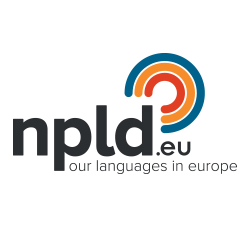
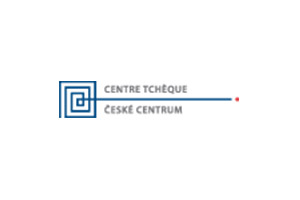
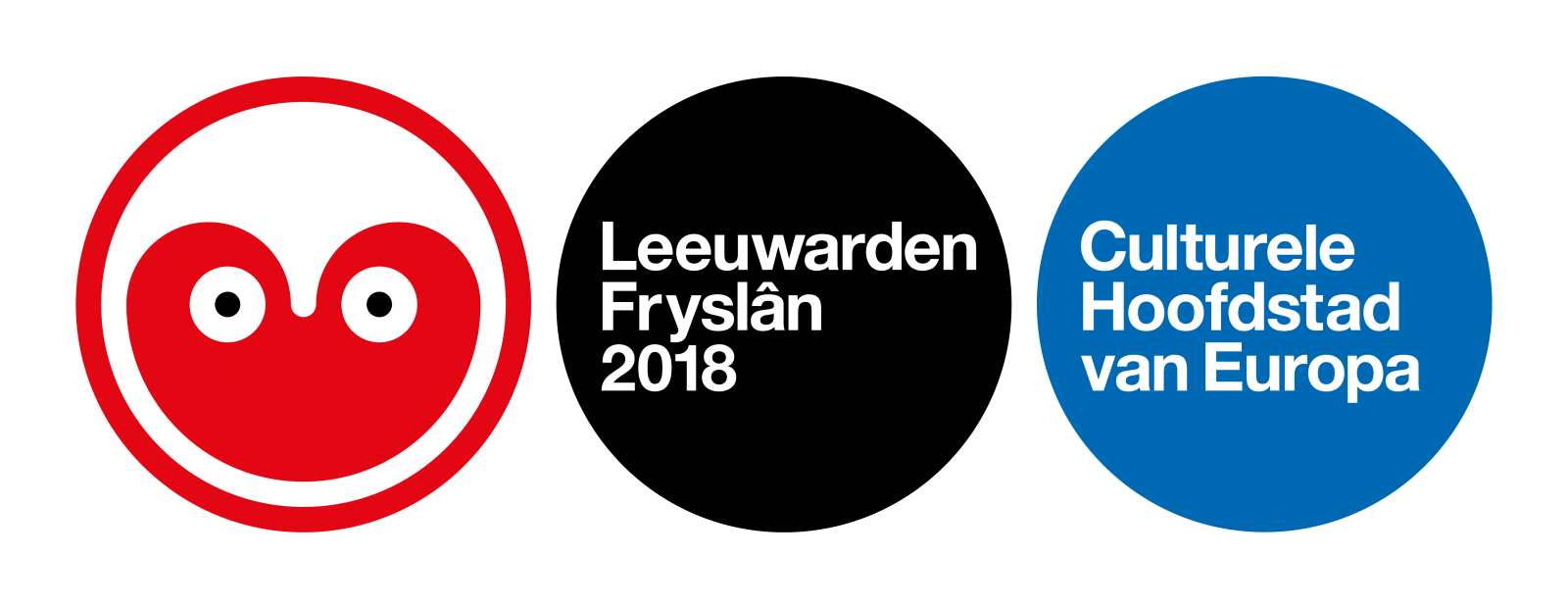
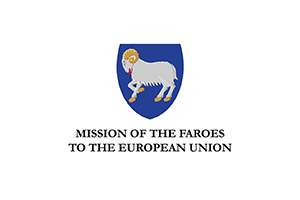
/RO - on the website.png)



